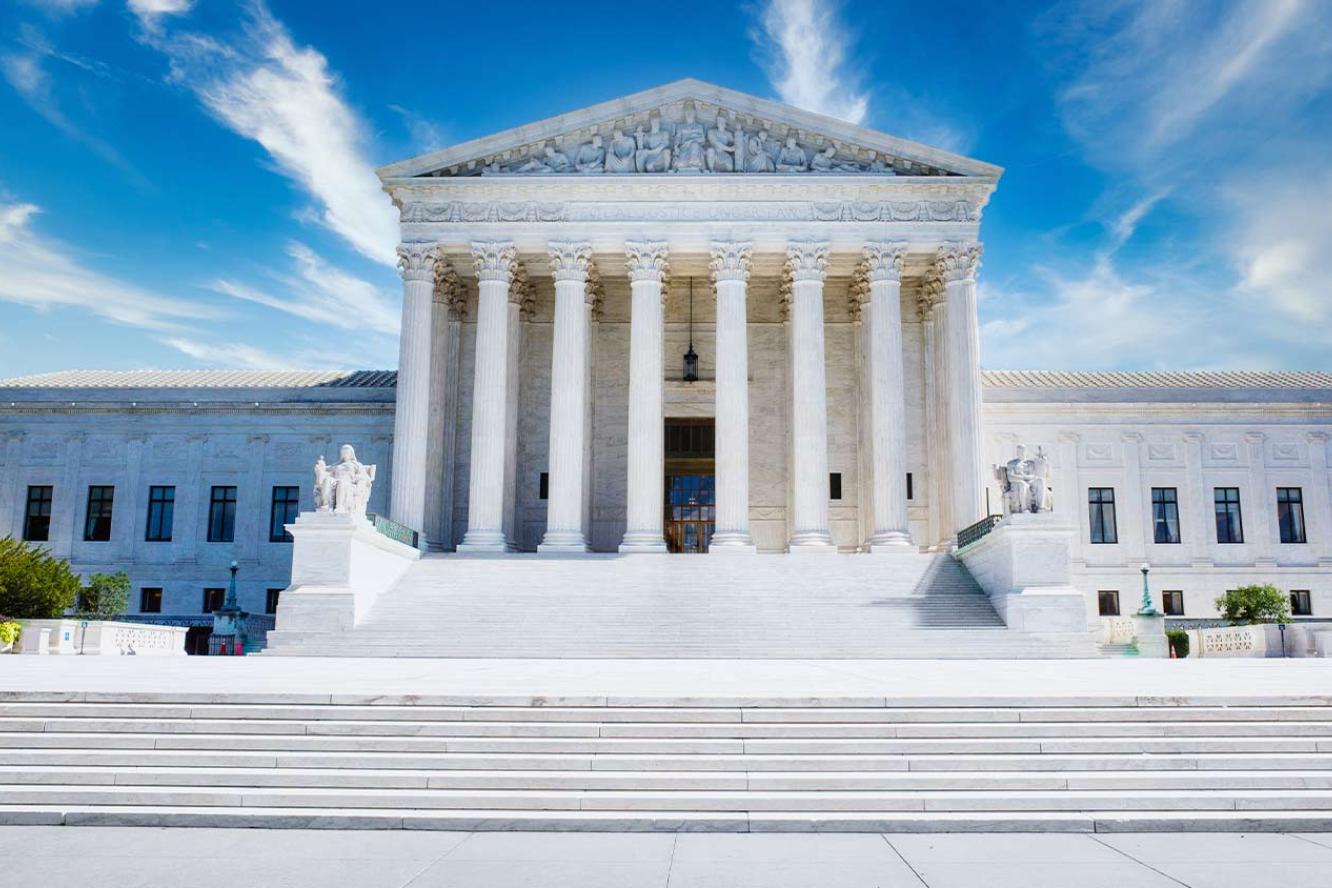Description: After South Carolina determined that Planned Parenthood was not qualified to receive taxpayer funding as part of its Medicaid program, a federal district court forced the state to restore Planned Parenthood’s funding, concluding that Medicaid recipients have a right to choose their preferred provider.

US Supreme Court frees states to direct tax dollars away from abortion industry, toward real health care
ADF attorneys represent South Carolina in victorious high court ruling
Thursday, Jun 26, 2025
WASHINGTON – A decision Thursday from the U.S. Supreme Court allows states like South Carolina to redirect taxpayer dollars away from abortion facilities like Planned Parenthood.
In the case, Medina v. Planned Parenthood South Atlantic, Alliance Defending Freedom attorneys represent the director of the South Carolina Department of Health and Human Services. The high court’s ruling means that the state can direct Medicaid funding—funds intended to help low-income individuals obtain necessary medical assistance—to comprehensive health care rather than entities that exist primarily to perform abortions.
“States should be free to fund real, comprehensive care and exclude organizations like Planned Parenthood that profit off abortion and distribute dangerous gender-transition drugs to minors,” said ADF Senior Counsel and Vice President of Appellate Advocacy John Bursch, who argued before the court. “The American people don’t want their tax dollars propping up the abortion industry. The Supreme Court rightly restored the ability of states like South Carolina to steward limited public resources to best serve their citizens. We also thank South Carolina Gov. Henry McMaster and his administration for persevering through many years of legal battles to achieve this victory.”
“[P]rivate enforcement does not always benefit the public, not least because it requires States to divert money and attention away from social services and toward litigation,” the court wrote in its opinion. “And balancing those costs and benefits poses a question of public policy that, under our system of government, only Congress may answer.”
The U.S. government, 18 states, numerous members of Congress, various medical practitioners in South Carolina, and multiple pro-life advocates submitted friend-of-the-court briefs with the high court supporting South Carolina’s freedom to direct Medicaid funding away from abortion facilities like Planned Parenthood and toward real, comprehensive health care for its citizens.
Alliance Defending Freedom is an alliance-building, non-profit legal organization committed to protecting religious freedom, free speech, parental rights, and the sanctity of life.
# # #